Struggling to Win: Chilean student panel speaks to UCLA students
Three Chilean activists came to UCLA to share their experience as students and community organizers. The event was hosted by the Student Collective Against Labor Exploitation (SCALE) on Wednesday February the 26th. This visit is part of national-wide tour that started January 10th in Miami and that will end early March in San Diego.
Melissa Ferritto studied Social and Community and Psychology. She used her studies to investigate gender and discrimination issues, social and political participation. She is the founding member of the feminist organization La Alzada, Accion Feminista Libertaria which focuses on the creation of social action on feminist issues.
Pablo Abufom studied Philosophy in Universidad Arcis and earned his M.A. in Philosophy in Universidad de Chile. He is the founding member of Libreria Proyeccion, a library which has become a social center for student collectives, feminist groups, unions, and artist to congregate. He is also an academic English-to-Spanish translator.
Gabriel was a militant member of Frente de Estudiantes Libertarios. When he was a high school student, he participated in the 2005 secondary and university strikes. He also participated in various autonomous organizations in Argentina and Uruguay to coordinate efforts for social justice.
The tour was hosted by many grassroots community organizations in the United States, particularly, the Black Rose Federation, an anarchist nation-wide organization in the United States. “They invited us because they wanted to know about social movements in Chile… Personally, I also came to give the feminist perspective within the social movement,” said Melissa.
Pablo opened the panel saying, “To understand what is happening in Chile we need to go back to the dictatorship that we had since 1973 until 1990.”
On September 11, 1973 the Center of Intelligence Agency and the high levels of military command of the Chilean army orchestrated a coup against the government of the democratically elected and socialist President, Salvador Allende. The head of the post-Allende government, Agusto Pinochet, implemented a bloody dictatorship. His austerity measures allowed for the privatization of many social programs and services, including education.
Currently, Chilean students are demanding from the government quality and free education for all Chileans. They argue that the present conditions and laws that govern educational institutions do not differ from those of the dictatorship period. This has provoked a lot of protest and school occupations, which have lasted for months.
During 2006, around 600,000 secondary school students carried a series of manifestations–an event that was named the Penguin Revolution. In 2011, The Chilean Winter was a series of protests and strikes coordinated by student unions and federations to demand a change in the frame-work of public education.
According to Gabriel, these student mobilizations are due to the student’s acknowledgement that education is a social right, contrasting it to the way government sees education as “a service, that it (is) something that you buy, that you sell,” Gabriel said.
The panelists also talked about the creation of popular power and the anarchist movement in Chile. Anarchism “is the understanding that we have a very strong critique about society, the system of capitalism; and that we need go further into a society ,a society that can be equal and free,” said Gabriel.
Melissa highlighted that important leadership positions in the student federations are being taken by members of the anarchist student organization Frente Estudiantil Libertario.
Janel Preciado, a second year, biochemistry major, and a member of SCALE said that the organization brought the three panelists to UCLA because “it (would) be a good opportunity to learn from what they experience, and how we can do that in the United States.”

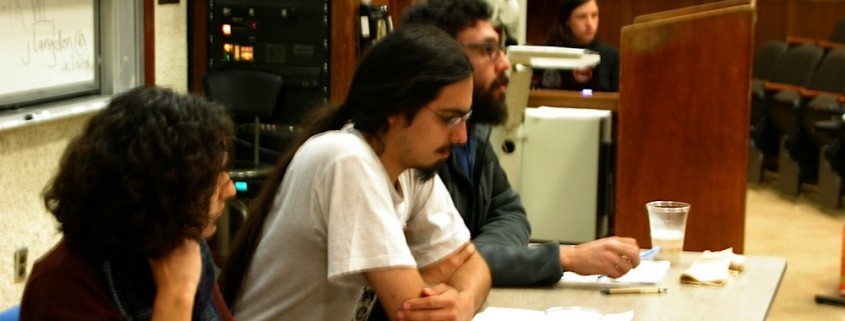
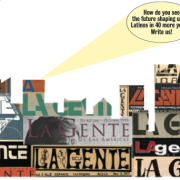

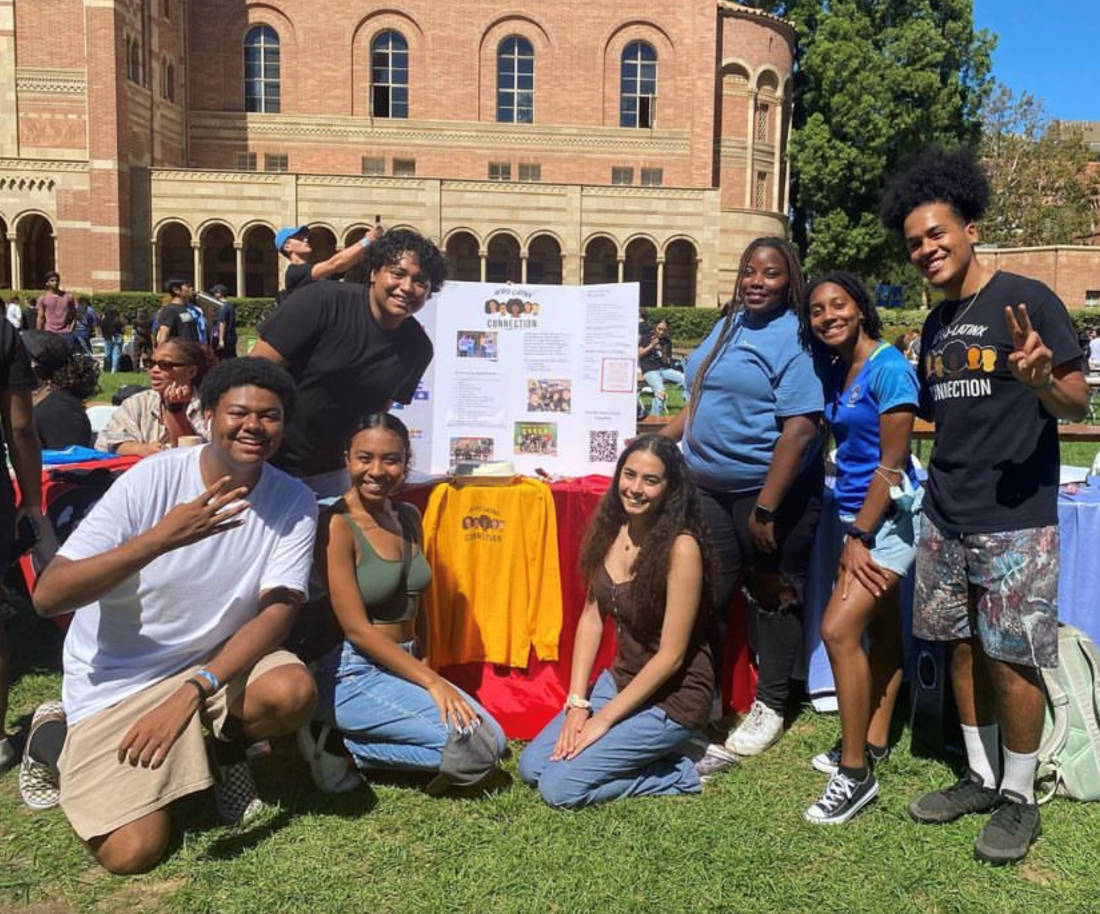

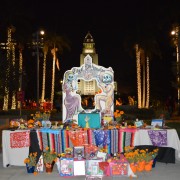
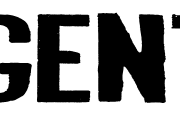
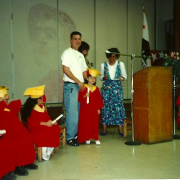
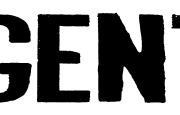


Leave a Reply
Want to join the discussion?Feel free to contribute!